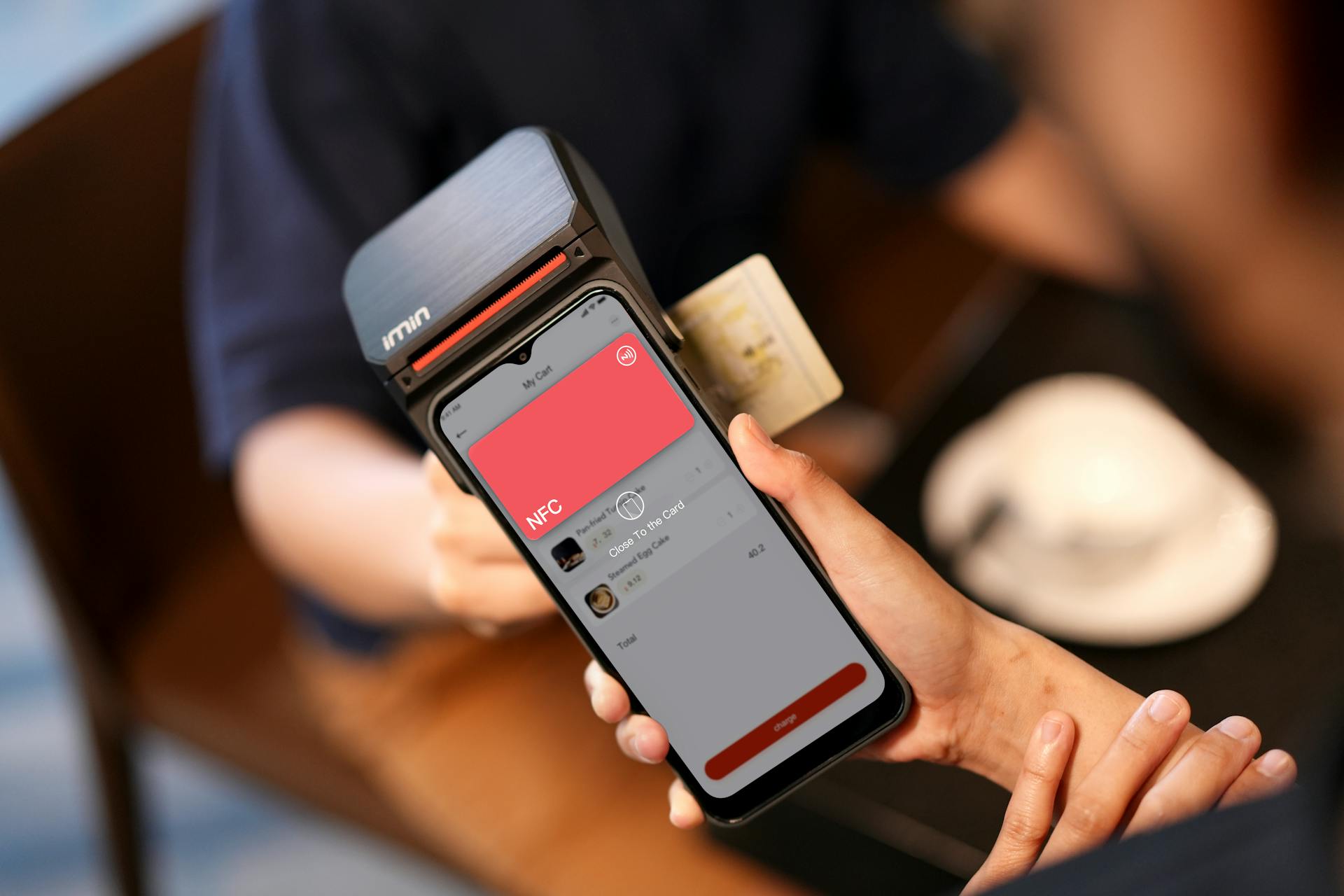
The aexp com domain is actually owned by American Express, a well-known financial services company.
American Express uses this domain to send legitimate emails to their customers.
If you've received an email from aexp com, it's likely from American Express, but it's always a good idea to verify the sender's information before taking action.
These emails can be about various topics, such as account updates, promotional offers, or security alerts.
The aexp com domain is used for official communication from American Express, so it's essential to be cautious when responding to or clicking on links in these emails.
Domain Verification
Domain Verification is a crucial step in ensuring the authenticity of online communications. Go directly to the official American Express website or use contact info on your card to call, as this is the most reliable way to verify the domain.
You can spot phishing attempts by looking out for pressure tactics, such as urgent requests or threats to your account. These tactics are red flags that the email is likely not from American Express.
Incorrect links, logos, or addresses are also warning signs of phishing. Be cautious of emails that use these tactics to try and trick you into revealing sensitive information.
Remember, American Express will never ask for sensitive data, such as passwords or credit card numbers, in an email. If an email asks for this information, it's likely a phishing attempt.
American Express Emails
You can verify if an email is really from American Express by going directly to their official website or using the contact information on your card to call them.
Warning signs of phishing emails from American Express include pressure tactics, account threats, requests for sensitive data, and incorrect links, logos, or addresses.
Pressure tactics can be a red flag, as American Express will never rush you into taking action on an email.
Requests for sensitive data, such as passwords or credit card numbers, are also a warning sign.
Be cautious of emails with incorrect links, logos, or addresses, as these can be a sign of a phishing attempt.
If you're unsure about an email, it's always best to err on the side of caution and contact American Express directly to verify its authenticity.
Sources
- https://www.spf-record.com/spf-lookup/aexp.com
- https://www.americanexpress.com/in/security/protecting-yourself/phishing/
- https://www.americanexpress.com/us/security-center/phishing-scam-awareness/
- https://malwaretips.com/blogs/american-express-account-validation-email-scam/
- https://www.strategicrevenue.com/this-amex-phishing-scam-wants-you-homeless-poor-with-zero-fico-score/
Featured Images: pexels.com


